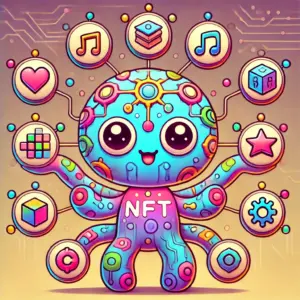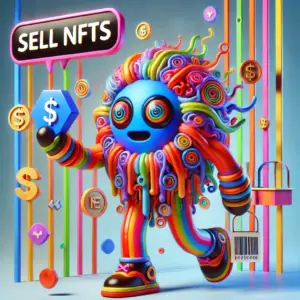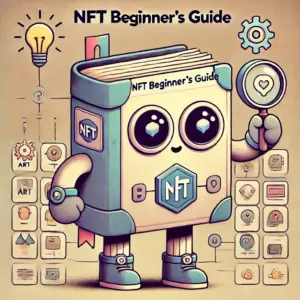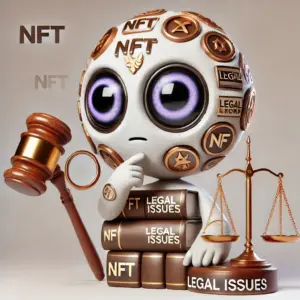The advent of Non-Fungible Tokens (NFTs) has ignited a paradigm shift in the digital realm, empowering creators to establish genuine ownership and control over their digital assets. Initially gaining traction in the realm of digital art and collectibles, NFTs are now poised to revolutionize various industries, including education, healthcare, and beyond.
Education: Unlocking a New Era of Personalized Learning
The education sector stands to benefit immensely from the transformative power of NFTs. NFTs can be employed to create unique and verifiable digital credentials, ensuring the authenticity and tamper-proof nature of academic records. This could streamline the validation process for prospective employers, universities, and other institutions, fostering a more efficient and transparent education system.
Furthermore, NFTs can facilitate the creation of personalized learning experiences. By embedding educational content within NFTs, educators can granularly control access and progress, tailoring learning modules to individual student needs and pace. This personalized approach can enhance student engagement, improve comprehension, and foster a deeper understanding of the subject matter.
Healthcare: Empowering Patients and Streamlining Data Management
In the healthcare sector, NFTs can empower patients to take ownership of their medical data, providing them with greater control over their healthcare journey. By storing medical records, prescriptions, and other sensitive information on NFTs, patients can securely share their data with healthcare providers, enabling more informed decision-making and personalized treatment plans.
Additionally, NFTs can streamline data management within healthcare organizations, ensuring the accuracy, security, and provenance of patient data. By utilizing NFTs to track and trace medical records, healthcare institutions can eliminate the risk of data breaches and ensure compliance with data privacy regulations.
Other Sectors: A Canvas for Innovation
The potential applications of NFTs extend far beyond education and healthcare, encompassing a diverse range of industries. In the art world, NFTs can empower artists to sell their work directly to collectors, eliminating the need for intermediaries and maximizing their profits. This democratization of the art market can foster a more equitable and accessible art ecosystem.
In the gaming industry, NFTs can revolutionize in-game assets, creating a thriving market for virtual items such as collectibles, avatars, and even game lands. Players can own, trade, and monetize these assets, adding a new layer of engagement and economic value to the gaming experience.
Challenges and Considerations
Despite the immense potential of NFTs, it is important to acknowledge the challenges and considerations that need to be addressed. One key challenge is the environmental impact of NFT minting, which can be significant due to the energy-intensive processes involved. Developers are actively exploring alternative minting methods that are less environmentally impactful.
Another challenge is the regulatory landscape surrounding NFTs, which is still evolving and varies across jurisdictions. Businesses and individuals need to stay informed about the latest regulations to ensure compliance and avoid potential legal issues.
Conclusion: A Versatile Technology with Far-Reaching Implications
NFTs are poised to reshape various industries, bringing about a new era of innovation and empowerment. In education, they can enhance personalization, streamline credentialing, and foster a more efficient system. In healthcare, they can empower patients, improve data management, and enable personalized treatment plans. Across a wide spectrum of industries, NFTs can foster new forms of ownership, create new markets, and revolutionize the way we interact with digital assets. As the NFT ecosystem continues to mature and evolve, we can expect to witness even more transformative applications that will shape the future of technology and society.






